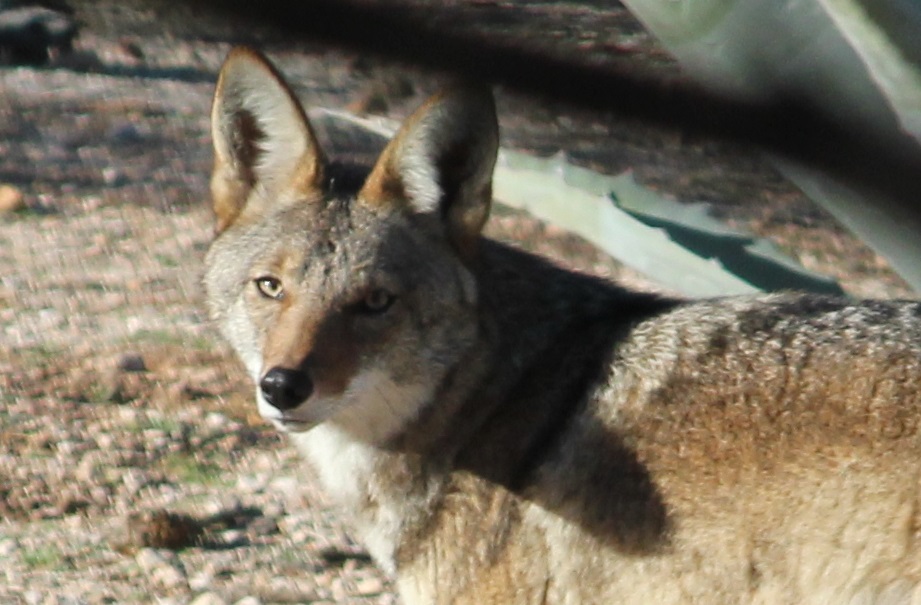
Obviously since I’m still a student, there’s no way I’ll be able to hit on every important point regarding building a career in the field of natural resources. I still have much to learn too and will be posting any new tips here as they come up during and beyond my education.
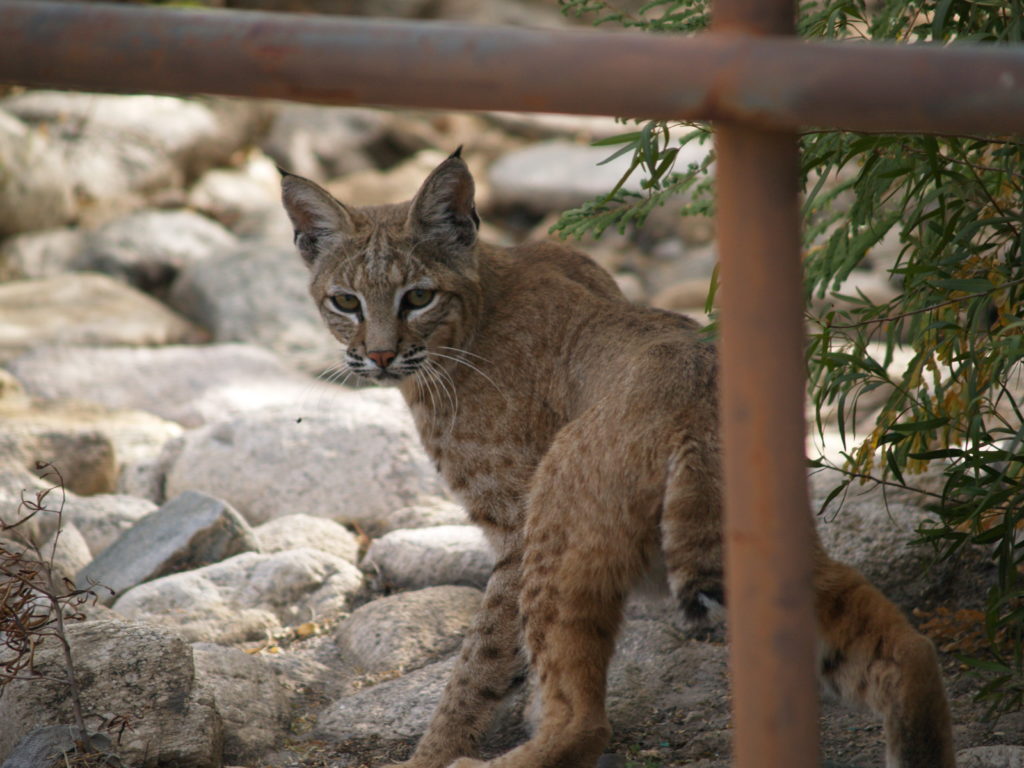
1. Gain as much experience (skills!) as possible.
The first main point is being proactive and starting one’s career as early as possible. Perhaps one of the best steps any undergraduate can take to increase his or her chances of opening other doors or getting into graduate school is to gain experience within a professor’s lab as a research assistant. A lab is a group of people, including undergraduates, graduate students, postdoctoral researchers, senior wildlife biologists, and the head professor, who conduct research in a specific discipline. Undergraduate assistants are often paid, though this needs to be arranged with the head professor, or “PI” (principal investigator). Also, volunteer with any local non-profits or state and federal agencies in your area. They will never turn down a volunteer and you will build up a good reputation and skill set. Even prior to college, it is valuable to volunteer with and participate in different organizations, clubs, camps, internships, and individuals as soon as the minimum age limit for eligibility is reached. Moreover, it is imperative to do some research on what options are available, be proactive about applying, and look at as many different places as possible. This could perhaps mean spending the summer in another state or even overseas (if you have dual citizenship in another country, take advantage of it!). Work seasonal jobs. Further, don’t be afraid to go for positions that aren’t exactly what you want; any experience that can be obtained is invaluable. For example, I once volunteered at a wildlife center where I primarily fed baby birds though had preferred to work with the mammals. Nonetheless, this still looked good on a résumé because it showed my dedication to learn new skills, even while unpaid. The organization also let me volunteer even though I wasn’t initially able to commit to the minimum number of months required. All this can be summed up as follows: fill up your résumé as much as you can as early as possible. It will help in the competitive world of getting a good job later on. The Texas A&M University Natural Resources Job Board is among the most comprehensive lists for opportunities.
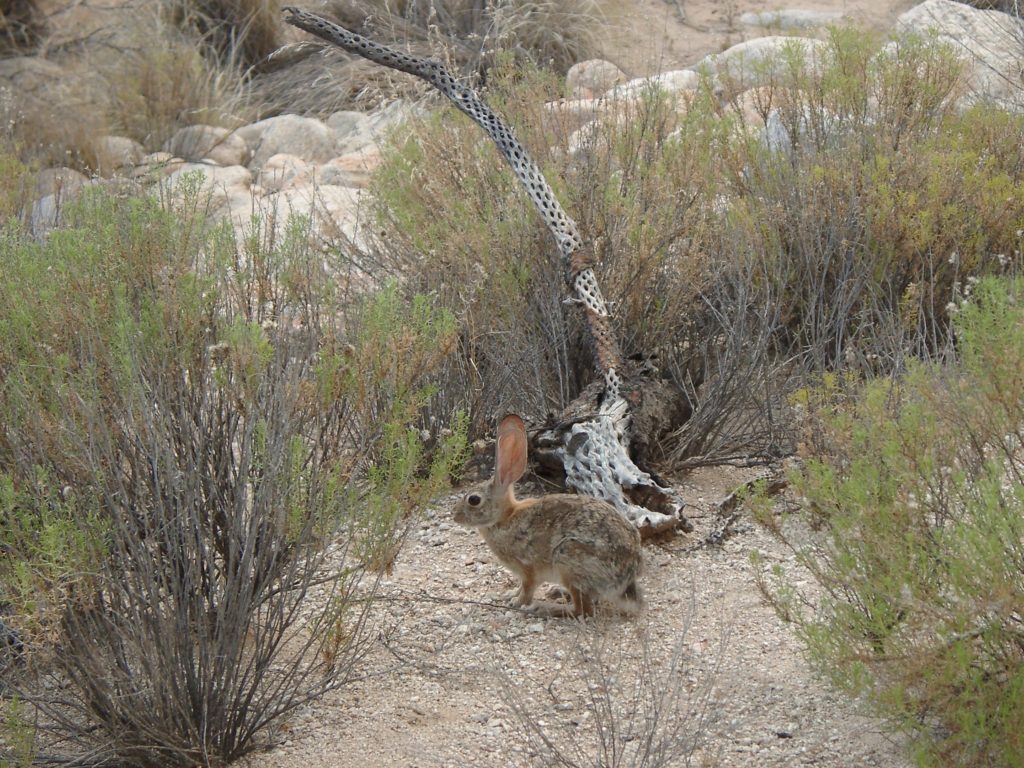
2. Conduct research as early as possible, especially if you wanna go into a research-based career.
A second thought that comes to mind is doing some research of your own to teach yourself a couple skills. You can do this as part of a lab group as described above, provided you make arrangements with your PI, though may also consider an individual project. Employers always like industrious applicants who illustrate a willingness to pursue their interests with passion. I demonstrated this by gathering and analyzing data using motion-activated camera traps (see my post here). These efforts won me recognition from various organizations and built up my résumé prior to my undergrad. The tactics by which you conduct research will obviously depend on your interests; the cameras worked well for me because I studied wildlife in college. However, someone excited about botany may spend time out in the field sampling flowers and putting together plant journals corresponding with different areas. The take-home message, then, is that though not everyone has these opportunities, I would highly encourage doing a little bit of work on your own if this is a possibility given where you live and the resources available. Take the initiative to make your work known and get your name and face out in front of people. In addition to LinkedIn, create a ResearchGate profile, which is basically Facebook for scientists and allows you to showcase your research and experience. Present your work at both local and national conferences and fairs, and be proactive about applying for travel grants. Often societies that put on conferences offer travel grants to students, though you are not limited to these options! Student chapters of professional societies sometimes pay for transportation and lodging; that was the case at my undergraduate institution. Regarding presentations, normally you can choose to give either a poster or an oral presentation, depending on whether your submitted abstract is accepted, though oral presentations (usually ~15 minutes) are preferred. You gain skills in public speaking and defend your research in front of a crowd during a ~5 minute question period after your talk. For a poster session, you simply stand at your poster for several hours and answer questions as folks pass by. I started with poster presentations and then eventually moved to oral talks.
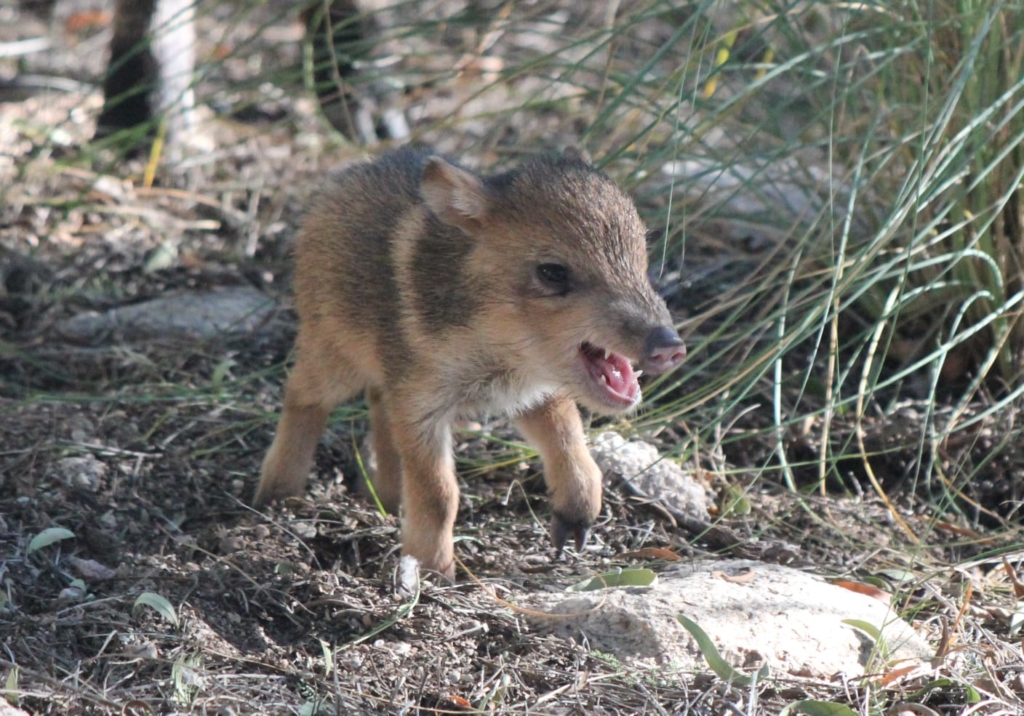
3. Stay on top of the literature.
Informing yourself of the research that has already been done both specifically within your field and in a broader sense is a great idea. Especially if you plan on attending a conference, familiarize yourself with the work of people whom you want to meet so you can make the best possible first impression. You will also be able to examine what topics have not been explored as much to find a potential “niche” for graduate school, show professionals that you are serious about your interests, and become scientifically literate to participate in informed discussions with colleagues. Along with attending talks at conferences, reading scholarly papers is an excellent way to accomplish these goals. I set up several Google Scholar alerts with certain keywords (e.g., “human-wildlife conflict”); these alerts notify me via email on a weekly basis when new papers are published in my field. Moreover, I set up my email so that all such messages automatically go into a specified folder, preventing my inbox from filling up. Figure out what works for you and set aside time weekly to go through these papers, skimming some and going through others in detail depending on your time and the paper’s relevance (see this article for other strategies). And whatever the strategy, remain consistent. Another suggestion is to set up a Mendeley or Zotero profile, which are web programs for reference management. Mendeley and Zotero let you create and organize a library of papers of interest and annotate them as you read. Best of all: if you are writing a paper, you can specify your desired citation format and the software will automatically format citations and the bibliography correspondingly.
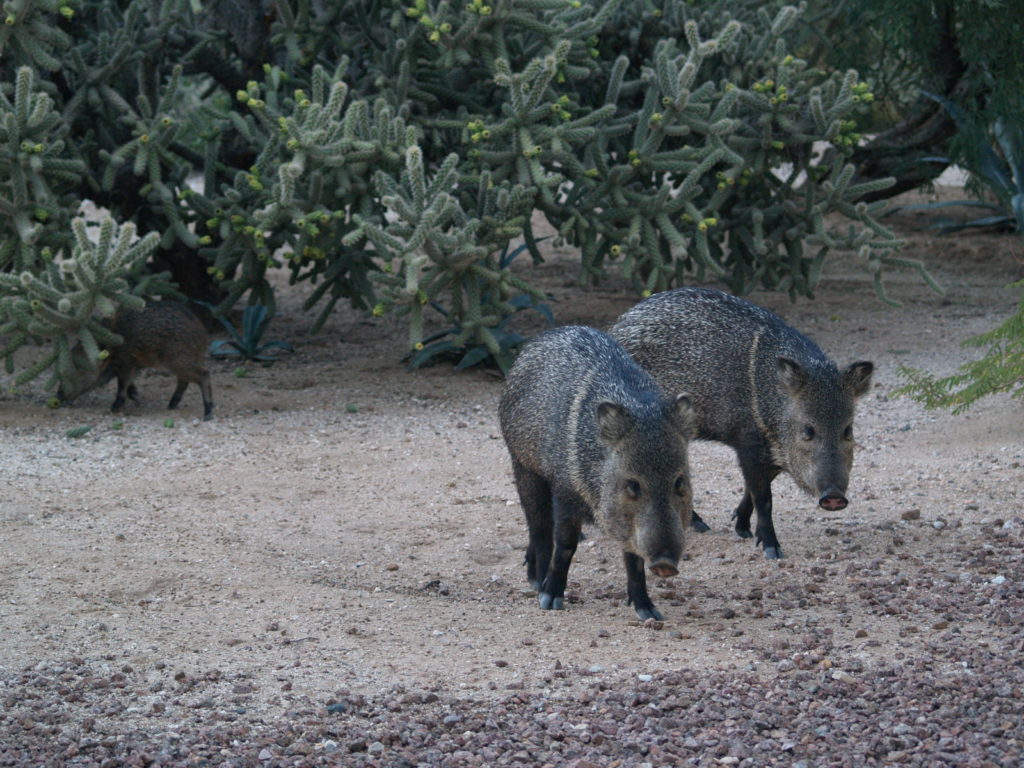
4. Network, network, network!
All in all, it is surprising how beneficial a single contact can be. Communicating with one person almost certainly will lead to a chain and eventually web of other contacts. For example, I initially got in touch with the coordinator of the University of Arizona’s Wild Cat Research and Conservation program my junior year in high school. She then referred me to one of the graduate students in her department to get a project started. When that didn’t go through, the student put me in touch with a professor. Long story short, I was able to work with this professor and one of her colleagues, which ultimately led to the research that took me to the regional science fair in 2016. I already had a letter of recommendation from the professor by the end of my senior year in high school. Later, as my college years progressed, I ended up reconnecting with other folks I had met at the science fair (sometimes by mere chance) and through that received further contacts and advice for graduate school. A LOT of doors for future research, experience, and learning opportunities open via networking. Today, when I attend conferences, I make sure to give my card to folks I meet. I also send email updates on an annual basis to my connections, ranging from those I met in high school to my graduate advisors. If you are a student like me, get to know your professors! This will keep those connections coming as well as increase your chances of acquiring a letter of recommendation for a future endeavor. Alternative miscellaneous ideas to make contacts include participating in clubs, science fairs, conferences, and building your own website to establish communication with other people in the world and let them know of your dedication and experience. Not to mention having a website shows something else: you know how to build one!
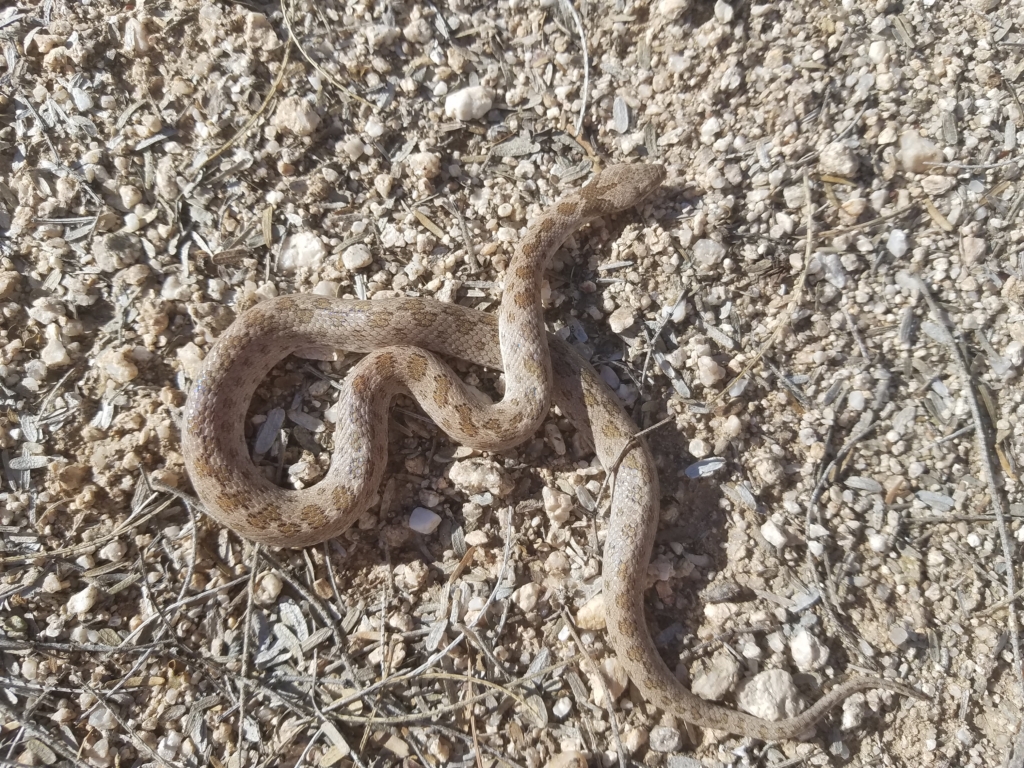
5. Recommended Reading.
Speaking about people, there’s an excellent book by Dr. Scott Bonar, a professor from my undergraduate institution, about tips for working with people in the conservation profession. It discusses a variety of points, including diffusing heated situations, obtaining funding, managing your own time, making a good impression both outdoors and in the office, and a number of other topics. The book is filled with examples from current and historical figures who were successful (or not) in their profession with regard to collaborating with people. Check it out on Amazon here; this should be mandatory reading for every student studying natural resources. The importance of people skills cannot be overemphasized.
For further advice about building a career in conservation and wildlife, check out the Conservation Careers website. I especially recommend their resources page, covering topics like job types, applications, desired skills, and opportunities to build experience in an easily digestible format. Moreover, there is an excellent book that covers how to get a job in wildlife biology and what the profession is (actually) like. The author, Dr. Stephanie Schuttler, describes the various jobs and workplaces out there, their pros/cons, what is needed to get those positions, and where you can get relevant experience, including pre-college. She emphasizes identifying your “north star” and not wasting time or money on degrees or experience you don’t need. Dr. Schuttler is also very candid about her own journey, and nothing is written in a condescending tone. Check out her website here.
Finally, for those of you wanting to work with charismatic species (ex. big cats), check out this blog post by Dr. Lisanne Petracca, who was on my Master’s committee. It’s packed with good (and honest) advice. Dr. Alexander Braczkowski is another wildlife biologist with expertise in rare and endangered species; check out his advice here.